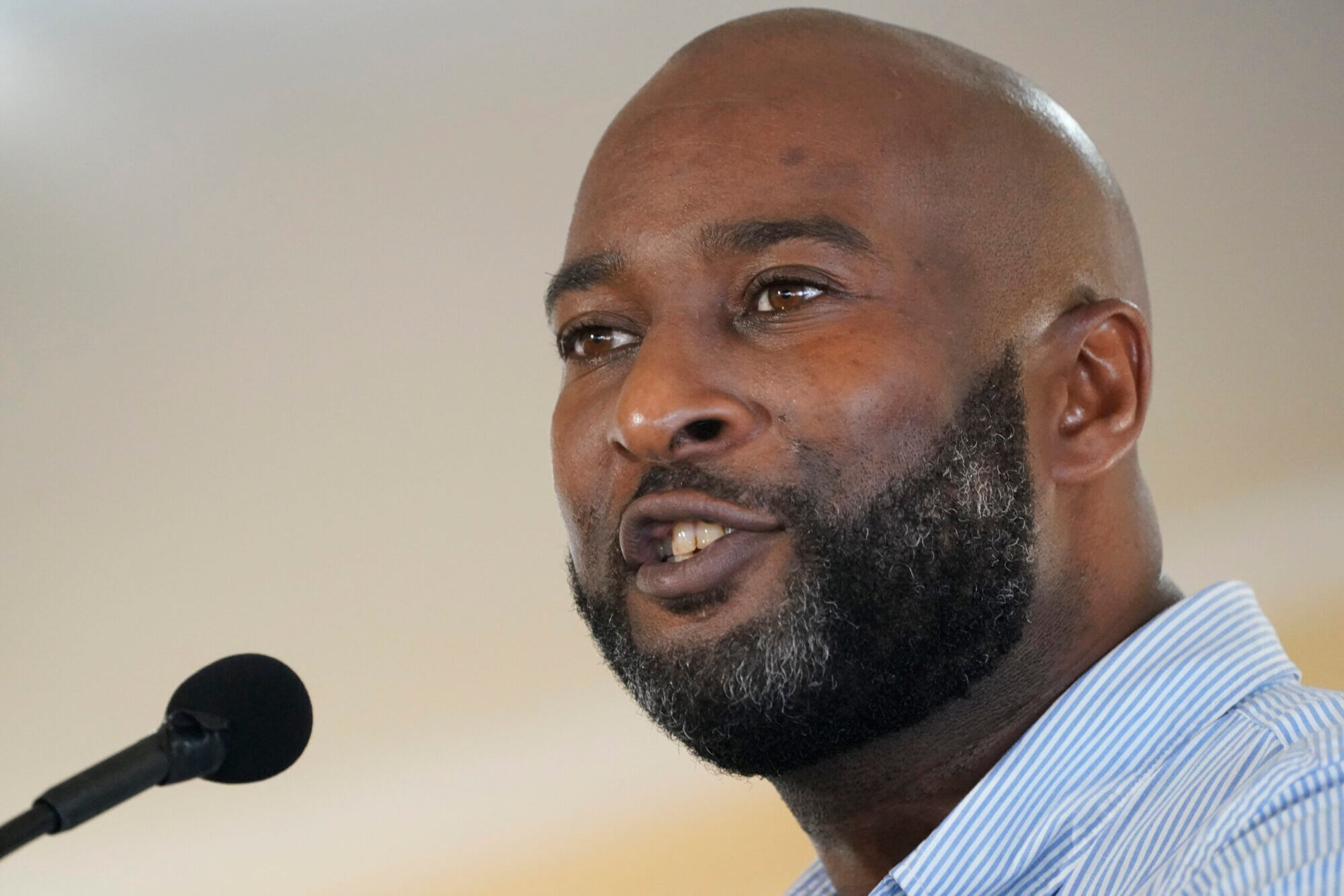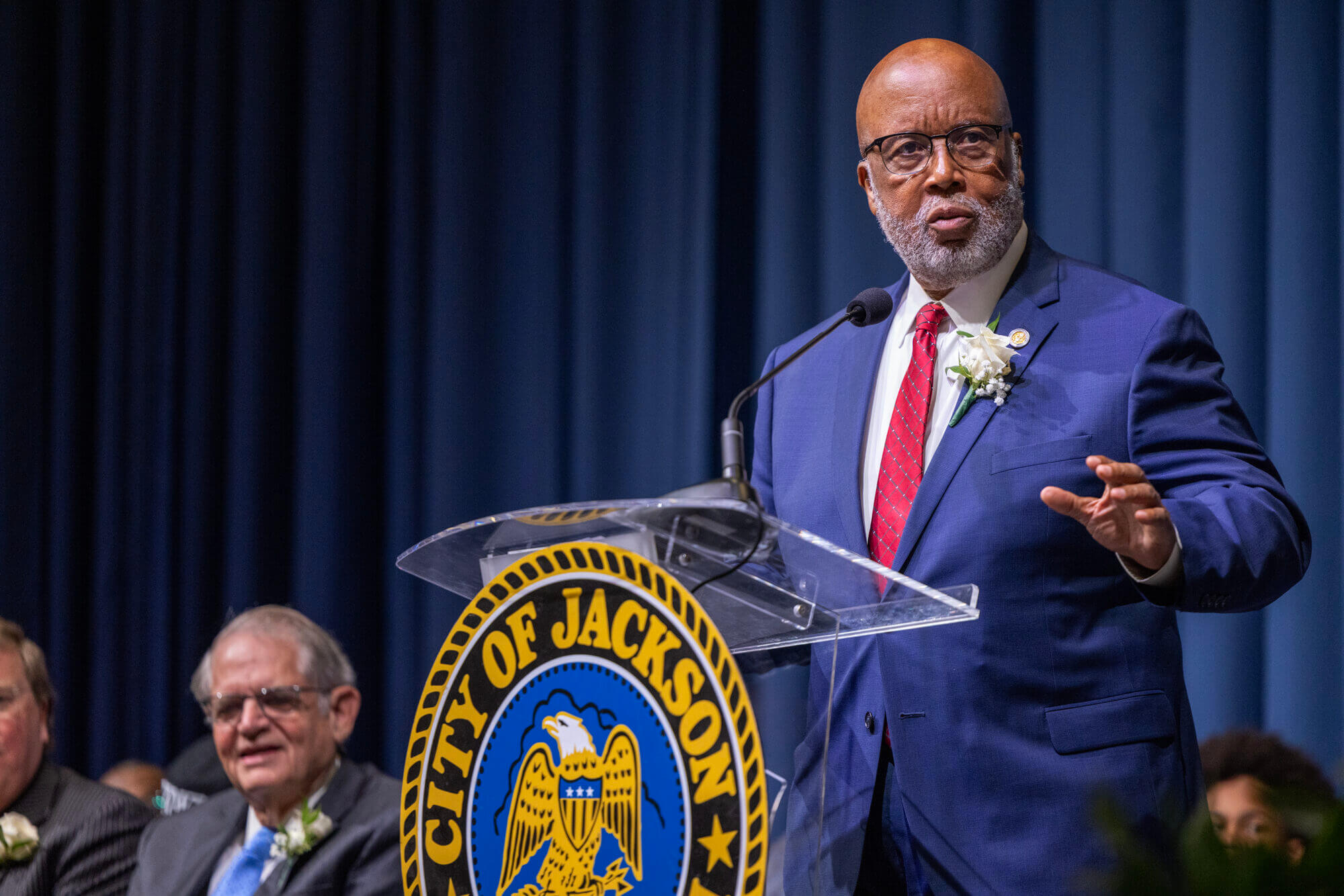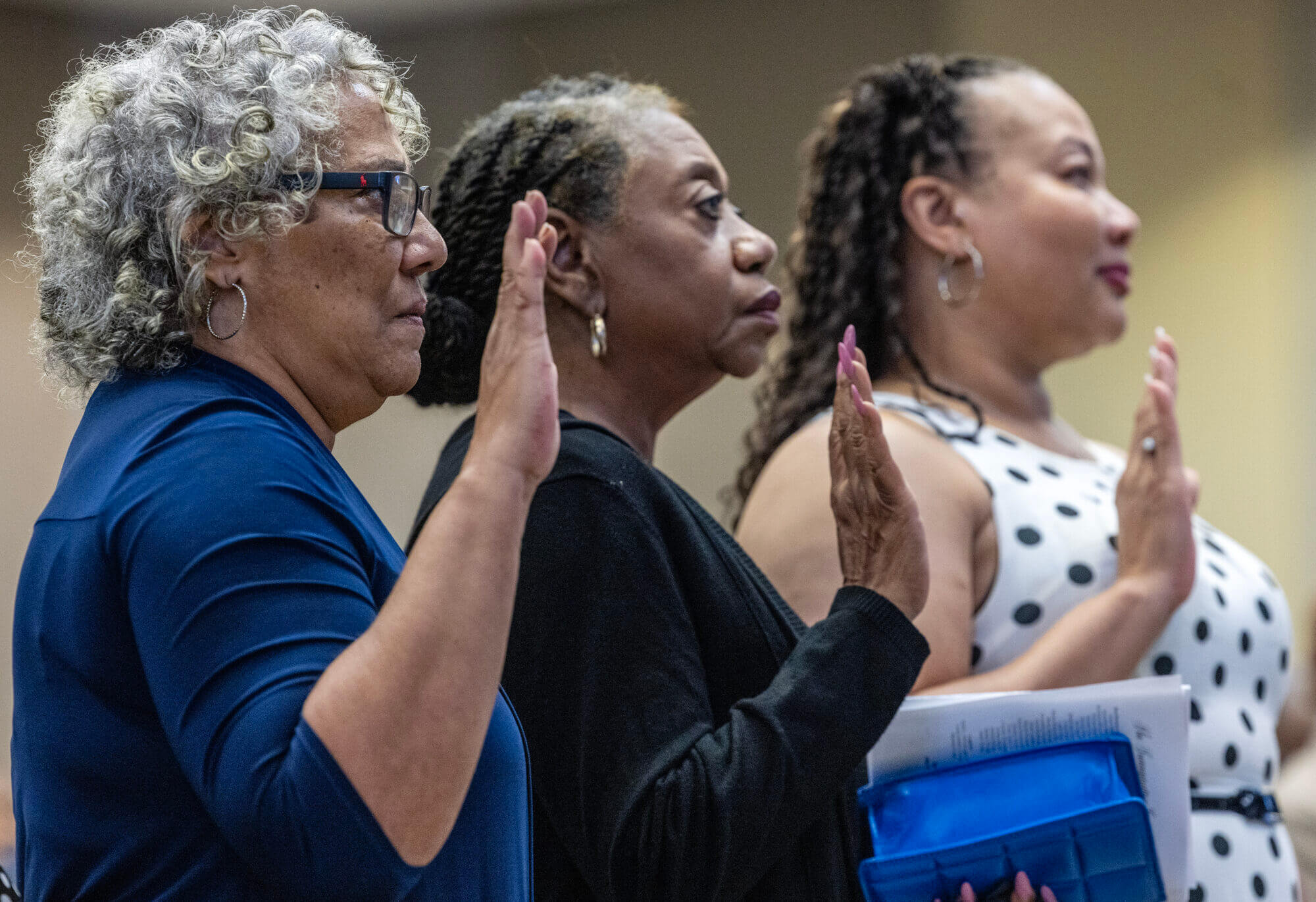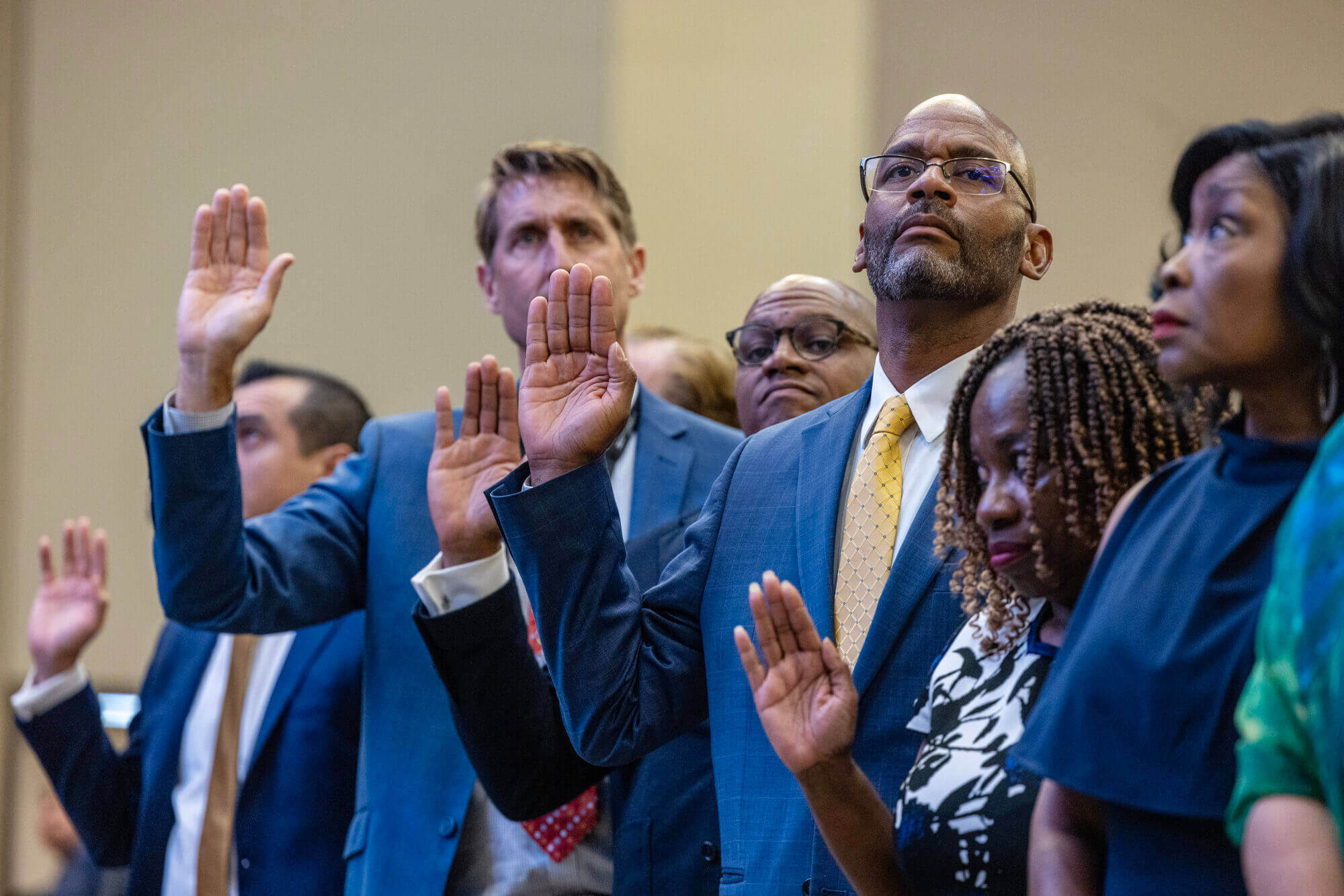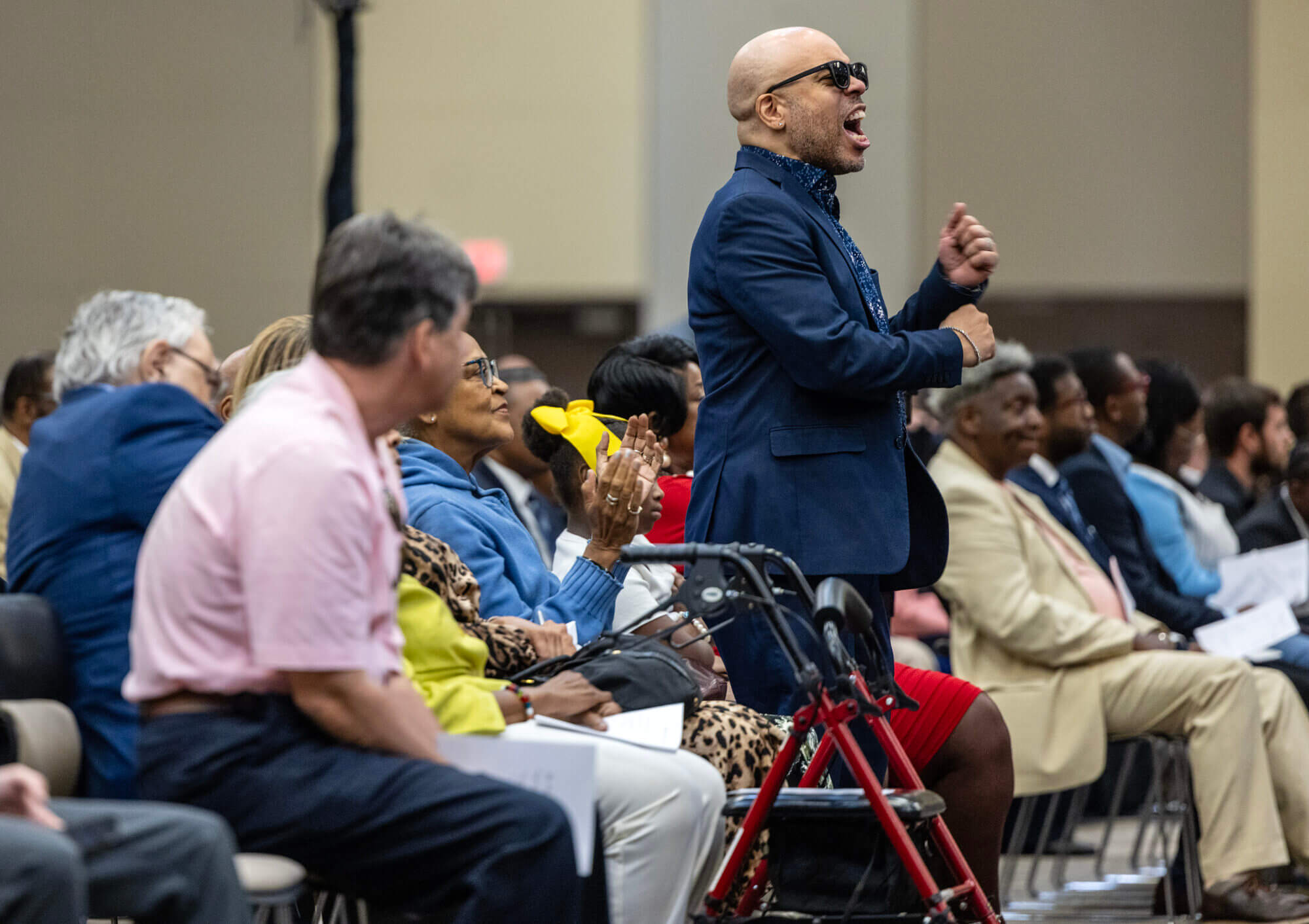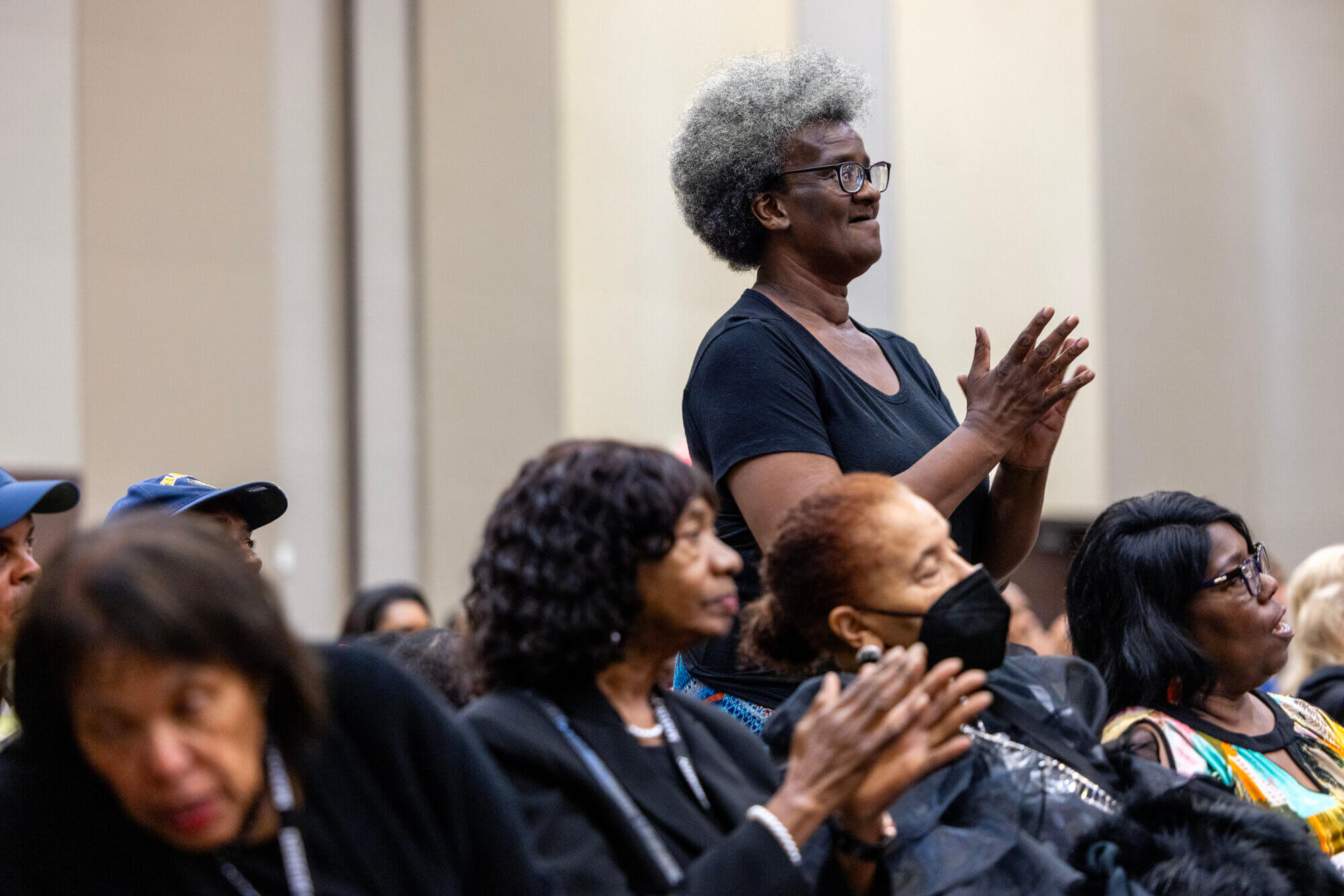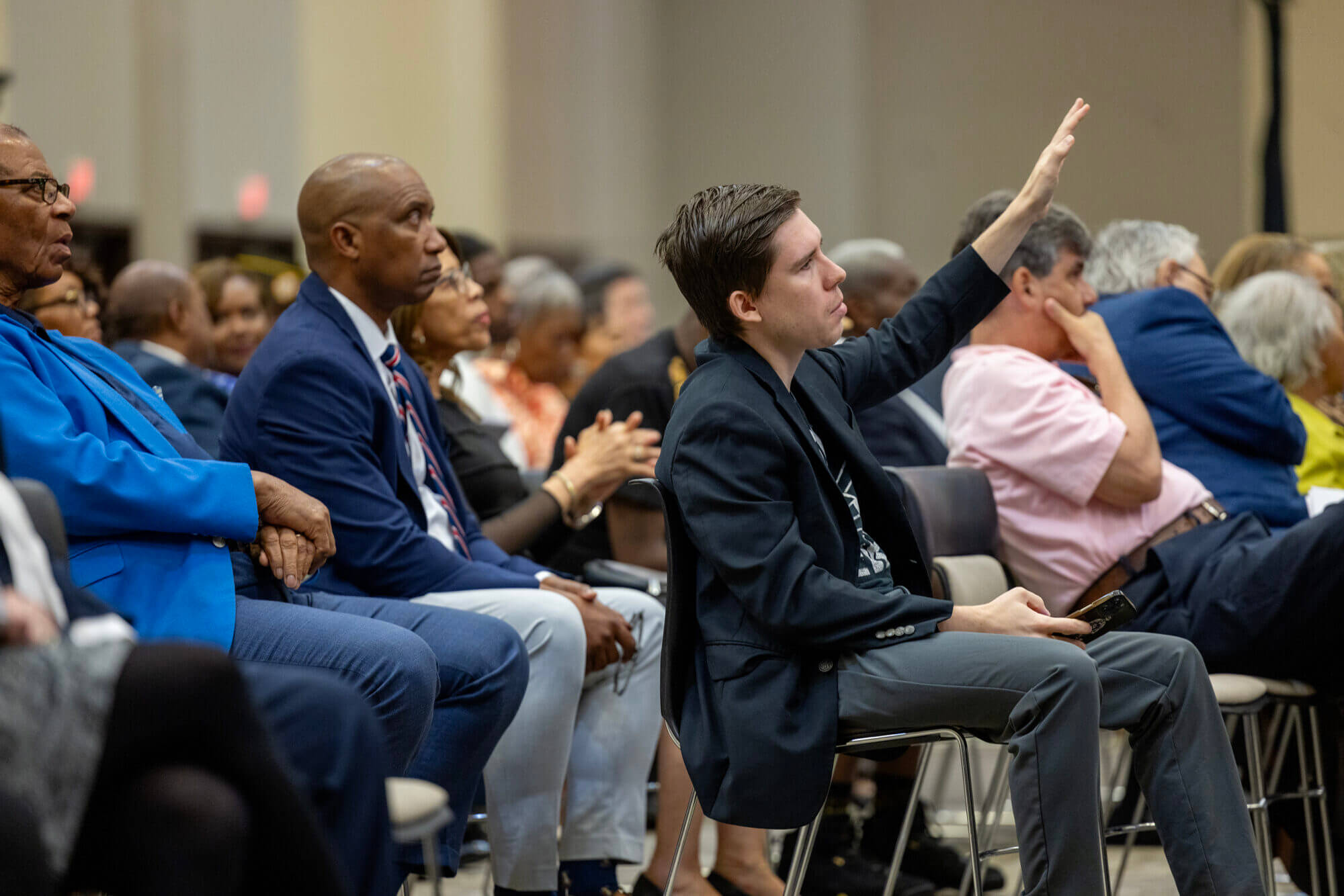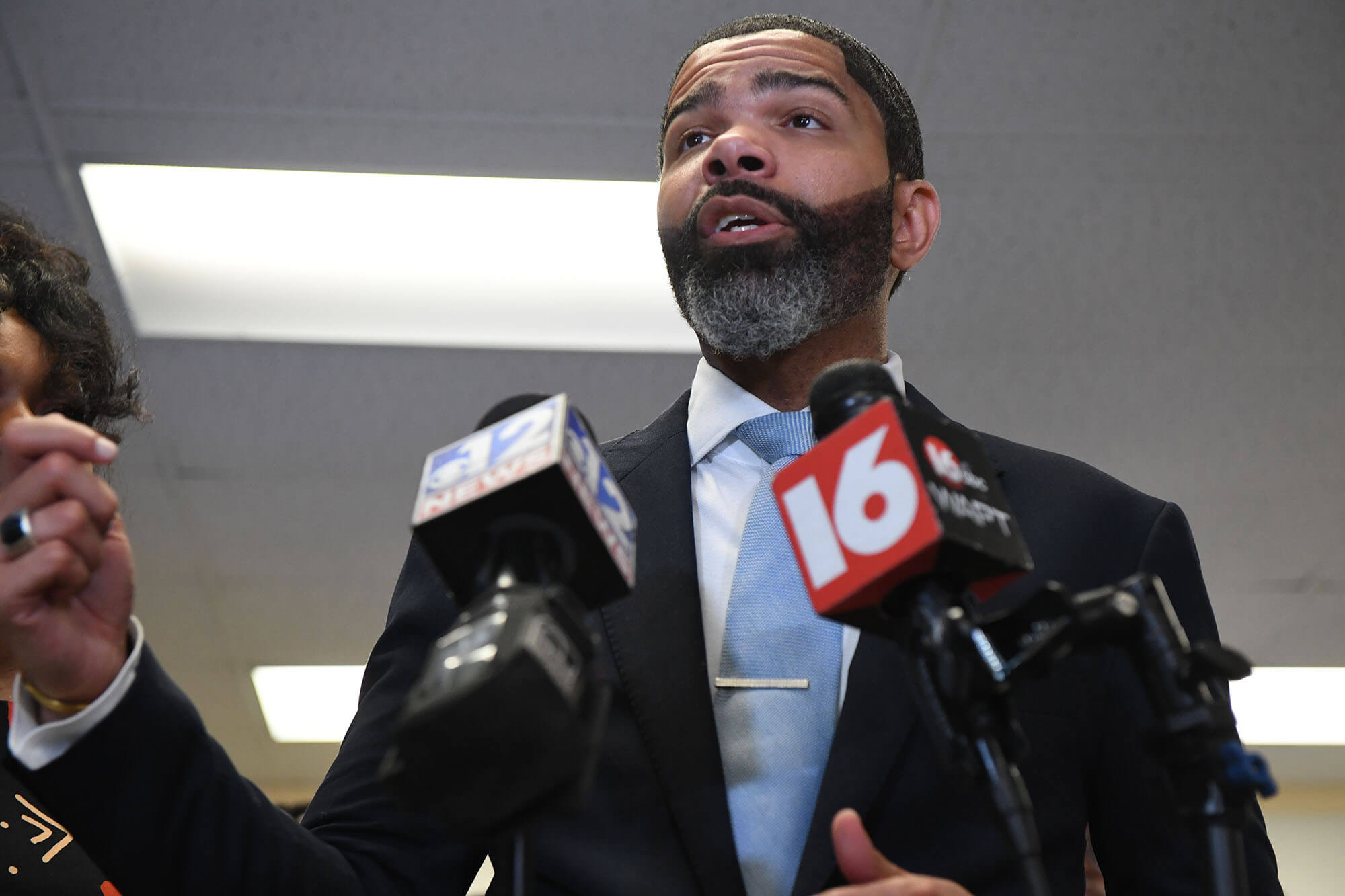
Editor’s note: This essay is part of Mississippi Today Ideas, a platform for thoughtful Mississippians to share fact-based ideas about our state’s past, present and future. You can read more about the section here.
On the evening of April 5, my phone and our community’s emergency siren both started screaming at once, jarring my husband and me to our feet. I clicked my phone and heard an automated voice begin to speak, warning of a tornado near Oxford.
My husband, emergency bag in hand, called for the dogs to follow as we hurried down the stairs to our “safe place,” a windowless storage room in the basement. Even there, we could see angry bursts of lightning and hear the siren as it continued to wail.
My family — as do others across the state — knows how to respond to the severe storms and dangerous tornados that interrupt our lives, often with devastating results.
In the past, the federal government, through FEMA, has also responded. But now the Federal Emergency Management Agency is threatened by an administration that wants to overhaul it. President Trump has said he wants to “fix a terribly broken system” by shifting emergency disaster response to the backs of the states.
Together with Congress, we need to insist, as we’ve repeatedly done in the past, that the executive branch work alongside us when disaster strikes our communities.
*
The Trump administration is not the first to downplay its role in providing emergency relief to Americans during disasters. President Calvin Coolidge took a similar stance during the Great Mississippi Flood of 1927.
That year, months of persistent rain combined with runoff from melting snow pushed levees that had been engineered to constrain the Mississippi River beyond their limits. Beginning in mid-April, levees from Illinois to Louisiana began to crumble, and as they did, waves of turbulent water flooded fields and swept through towns.

While numbers hint at the destruction –hundreds of souls lost, hundreds of thousands of people displaced and thousands of square miles flooded — they don’t reflect the agony or suffering of those whose lives were capsized during the flood.
*
In late April of 1927, President Coolidge created a commission, headed by Secretary of Commerce Herbert Hoover, to respond to the massive flooding that had by then spread across at least seven states. Unwilling to allocate any federal money to the effort, Coolidge instead called on the American public to donate $5 million.
Hoover, an engineer by training, leveraged the public’s donations with the capacity of the American National Red Cross. Their volunteers provided food, clothing, medical care and temporary housing to those whose homes were destroyed.
Meanwhile, the president stood steadfast, refusing to use federal tax dollars to provide relief.
Or rebuild bridges or roads that had been swept away.
Or invest in future flood-control efforts.
Newspapers up and down the Mississippi River Valley criticized President Coolidge’s insistence that the states absorb the cost of rebuilding their communities while also bracing for seasonal floods that would occur again.
“It seems obvious,” wrote the Memphis Commercial Appeal, “that neither the head of the nation or any one of his responsible advisors realizes either the nature or the immensity of the problem.”
The paper went on to question how a nation as wealthy as the United States could impose the “burden of tremendous loss, sacrifices, agonies and destruction,” on individual states.
In Jackson, the Clarion-Ledger also questioned the government’s response, particularly since President Coolidge had repeatedly refused to witness the flooding in person. “Not a dime has the government appropriated. The truth of the matter is that it has been necessary to school President Coolidge day by day a bit more towards the realization of the immensity of the catastrophe.”
The public and Congress continued to demand that the federal government assume a new responsibility for its citizens, one that included disaster relief, recovery and prevention.
Eventually, Coolidge struck a deal with Congress and in May 1928, Congress enacted the 1928 Flood Control Act. The law authorized the Corps of Engineers to design and construct projects that would control flooding on the Mississippi River and the Sacramento River in California.
The new law also ended the philosophy that regional disasters were solely the responsibility of the states. Instead, it acknowledged that the wealth of the country would be used to alleviate the suffering of its citizens.
In 1950, the Federal Disaster Relief Act created the pathway for states to ask the president for federal help during crises. This was followed by the establishment of FEMA in 1979.
*
So far this year, more than 60 people have lost their lives due to tornados in the United States, including at least seven people in Mississippi. Though storms have uprooted trees, flooded streets and caused property damage in Oxford, our community has largely been spared the heartache these deadly tornadoes caused elsewhere.
We don’t know what the future holds for FEMA. In April, President Trump appointed former Mississippi Gov. Phil Bryant to a council charged with recommending changes that may overhaul the agency.
But as tornado season rolls into hurricane season, we know that the destruction caused by these severe storms is more than any of us can bear alone. We must insist that the federal government keep its sleeves rolled up and support our communities during times of disaster.
Bio: Shirley Wimbish Gray lives in Oxford. A retired writing instructor and science editor, she writes about what is often overlooked or forgotten, particularly in the American South. Her recent essays have appeared in Earth Island, Brevity Blog and Persimmon Tree.














